Book Recommendations

The Making of the Atomic Bomb
Rhodes is working with phenomenal source material: A secret wartime project with unlimited budget that requires recruiting the top scientists from around the world to build a superweapon in a desert base. He could have phoned it in and still had a solid book. But, he builds a social and political context for the technology journey that leaves the reader with a better understanding of organizations.
Another stray point: The characters in this book have beliefs and consciously engage with history.
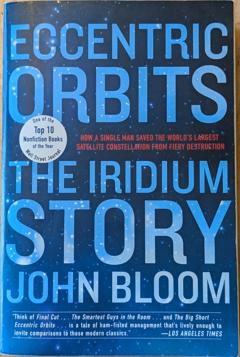
Eccentric Orbits
Peter Thiel famously said you shouldn't study failure because it's overdetermined. But, if you're an engineer you can mitigate your propensity to over-index on technology by building a mental map of nontechnical failure modes. And Iridium faced just about every nontechnical challenge there is.

Wireless Nation
Murray displays an infectious enthusiasm for the wireless gold rush of the 1980s. The book is a master class in manipulation of procedural outcomes, and getting away with it.
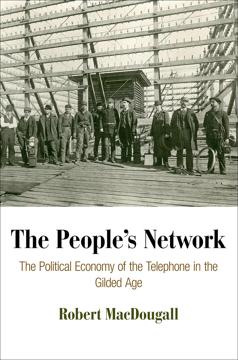
The People's Network
The subtitle of this book is "The Political Economy of the Telephone in the Gilded Age". If an author puts "political economy" in a book's title, they're making a brand promise to the reader. For the time being this is an indicator of high signal.
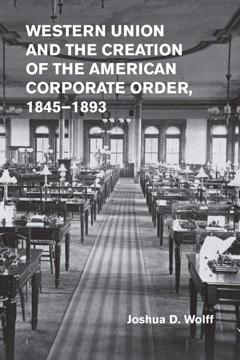
Western Union and the Creation of the American Corporate Order, 1845-1893
Tech bubbles are usually financial bubbles and the capital expenditure from one literally lays the groundwork for the next. In the case of the telegraph, wood poles were laid by shoving them off of railcars at regular intervals.
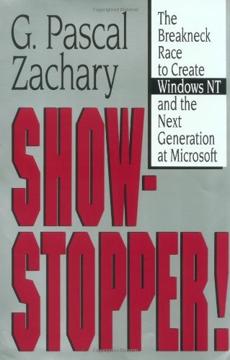
Showstopper
The story of Windows NT has it all: A greenfield technical project. The Great Man theory of history. A team of high-output misfits. Executives navigating an uncertain future and choosing the right path. It's also set in the Seattle area, granting it some verisimilitude from my perspective.
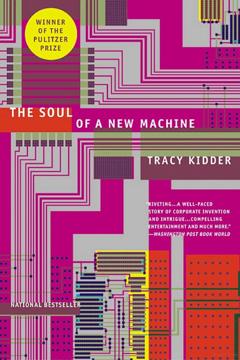
The Soul of a New Machine
There's a great companion interview for this book embedded in the Oxide and Friends episode about Showstopper.
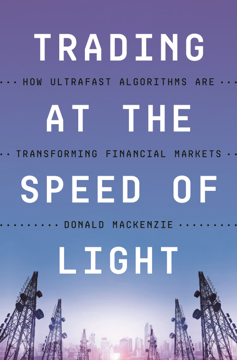
Trading at the Speed of Light
High frequency trading is opaque by its nature. Winners have a temporary, miniscule edge that must be guarded with NDAs and noncompetes, frustrating curious outsiders. In this book the author puts in the legwork to conduct hundreds of anonymous interviews to get closer to the history of the enterprise. Surprise surprise: It's extraordinarily political. Pairs nicely with The Accidental HFT Firm. If you were let down by Flash Boys, this is the antidote.
Only the Paranoid Survive
High Output Management

Venture Deals
How many deals have you done? How many deals has your counterparty done?
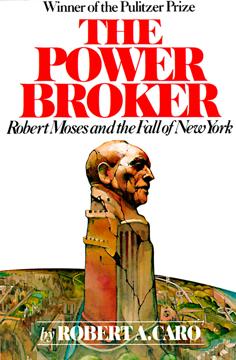
The Power Broker
Reading anything else and then coming back to Caro feels like coming home.